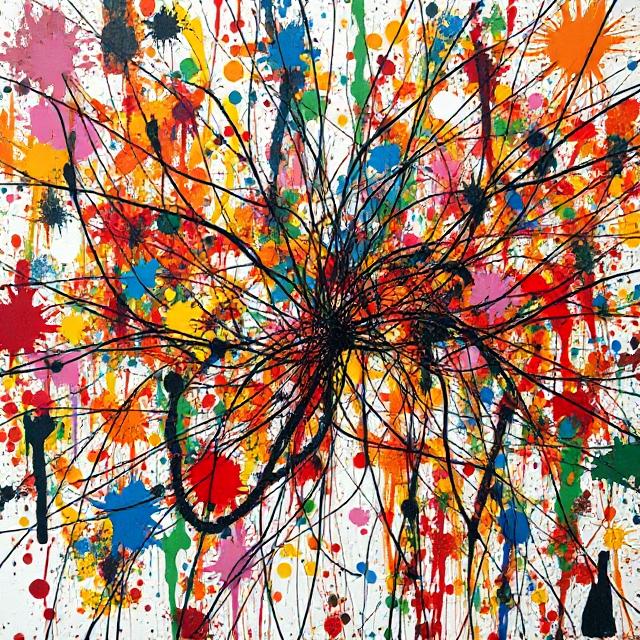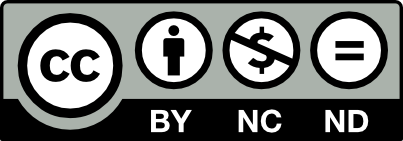Family biographies and mental distress: possible evolutions of narrative entanglements
DOI:
https://doi.org/10.23823/902x0703Keywords:
family biography, psychological distress, narration, ghost writers, relational matriciesAbstract
This paper explores the relationship between autobiographies, family biographies, and psychological distress. Drawing on theoretical and clinical frameworks, it examines family narrative processes as outcomes of the interplay between storytelling, representation, memory, and transgenerational transmission. Narration, viewed as an essential aspect of human nature, is approached as a species-specific tendency to organize subjective and intersubjective experience into narrative plots. A systemic-relational epistemology helps illuminate how closely narration and subjectivity are intertwined, and how identity emerges as a self-architectural project, shaped and understood within the flow of interactions with others. The human inclination to narrate is seen as a tool for making sense of a complex web of experiences, emotions, relationships, and representations, all embedded in the relational fabric of the family, which provides the context for shared meaning and understanding.
Downloads
Downloads
Published
Conference Proceedings Volume
Section
License
Copyright (c) 2025 Donatella Bottiglieri

This work is licensed under a Creative Commons Attribution-NonCommercial-NoDerivatives 4.0 International License.
Authors who publish in this journal agree to the following:
- Authors retain the rights to their work and give to the journal right of first publication of the work simultaneously licensed under a Creative Commons License - Attribution that allows others to share the work indicating the authorship and the first publication of this journal.
- Authors can accept other non-exclusive licensing agreements for the distribution of the published version of the work (eg. Deposit it in an institutional repository or publish it in a monograph), provided to indicate that the document was first published in this journal.
- Authors can spread their work online (eg. In institutional repositories or on their website) before and during the submission process, because it can lead to productive exchanges and increase the work published citations (See The Effect of Open Access) .










